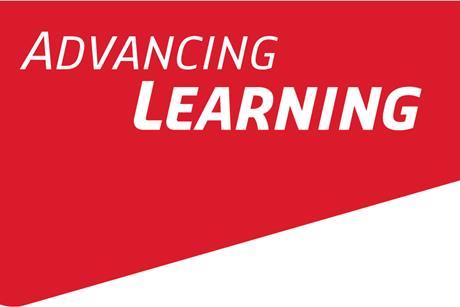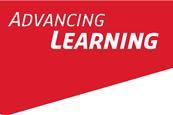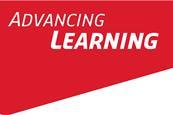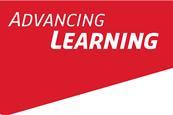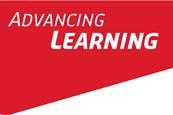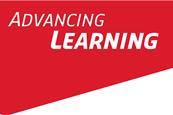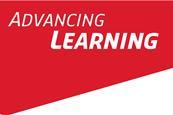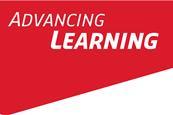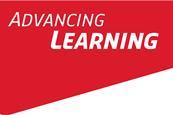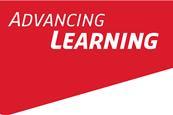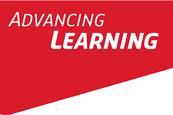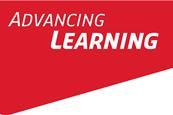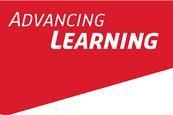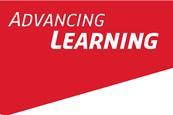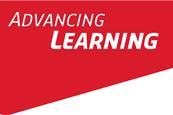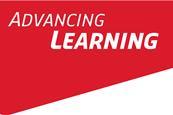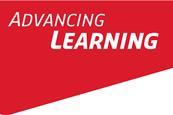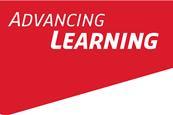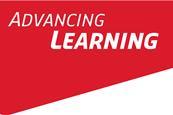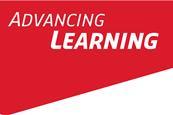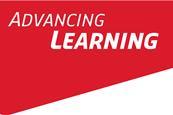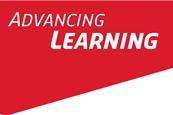Advancing Learning
Advancing Learning
Advancing Learning
Welcome to Advancing Learning! A collection of articles by authors, experts, and teacher trainers about the latest ELT trends.
Advancing Learning: A practical guide to online professional development
How do you choose the right kind of online professional development to suit your budget and your needs? Experienced online trainer Gavin Dudeney gives tips and advice.
Advancing Learning: Confessions from an obsessive language learner: what I have learnt from continually studying languages for 32 years
Russell Stannard details how his own language learning has given him insights into how to better teach his students.
Advancing Learning: Developing real conversation skills
What is ‘conversation’ and how can teachers improve students’ conversation skills? This article, by Kateryna Protsenko, looks at the different ways to improve this skill.
Advancing Learning: Does anyone really need to use a dictionary?
Why use a dictionary when you can Google a word? Dictionary expert Michael Rundell answers this question by looking at the strengths of lexical resources today.
Advancing Learning: EMI: English as a medium of instruction
What are the challenges of teaching curriculum subjects through English at Primary level? Liz McMahon looks at some of the issues.
Advancing Learning: Empowering students with paraphrasing strategies
Paraphrasing is a skill that is often assessed in exams. Experienced teacher and assessment writer Judy Alden examines how to teach it, offering practical tips and techniques you can take straight to the classroom.
Advancing Learning: Five strategies to help students cultivate a growth mindset
What is a ‘growth mindset’, and how can it help your students? Teacher trainer and author Chia Suan Chong explains all and offers five strategies you can employ.
Advancing Learning: Gamification
This authoritative report by the President of the Board of Directors of the TESOL International Association, Dr Deborah Healey, examines gamification and its uses in education.
Advancing Learning: Global Citizenship Education in the ELT classroom
UCL researcher Matthew Hayes looks at why and how to bring Global Citizenship Education into the English language classroom.
Advancing Learning: Guilt-free teaching – how your students learn more when you plan less
Teacher and polyglot Katie Harris explains how you can save time and increase student engagement when lesson planning, so that you can lighten your workload without feeling guilty.
Advancing Learning: Helping very young learners improve their collaboration skills
Introducing collaborative tasks in a preschool setting can be daunting. Young learner expert Sarah Hillyard offers her tips and advice for teaching young learners how to collaborate, as well as suggesting activities that can help them learn through collaboration.
Advancing Learning: How to approach essay writing
What different approaches to essay writing are there and how can they help your learners? Academic English specialist and teacher trainer Kerry Boakes explains three different approaches to essay writing and offers practical tips on how they can be used in the classroom.
Advancing Learning: Long live 'Life Skills'!
What are ‘Life Skills’, and why should you teach them to your language students? David Spencer explains all.
Advancing Learning: Making blended learning useful and effective
Getting the blend right between face-to-face and online learning and technologies can be a challenge. Award-winning educational technologist and teacher trainer Russell Stannard reveals how to approach it for best results.
Advancing Learning: Moving towards learning-friendly teaching
What is ‘brain-friendly’ teaching, and how can it help your students advance their learning? Teacher trainer and author Anna Hasper explains all.
Advancing Learning: Multisensory learning in the inclusive classroom
Maria Byrne, Affiliate Trainer at NILE (Norwich Institute for Language Education) and lead tutor on the NILE Learning Differences and Inclusion course, shares her experience of working with dyslexic teens and suggests some simple, multisensory learning techniques that can help learners with dyslexia in the classroom.
Advancing Learning: Online Language Teacher Education
This informative research report, commissioned by the Association for Quality Education and Training Online, examines online education for language teachers.
Advancing Learning: Teaching mediation
‘Mediation’ is the latest ELT buzzword. But what exactly is it, and why should you teach it? Thom Kiddle, Director of Norwich Institute for Language Education and Vice Chair of Eaquals, explains all.
Advancing Learning: The challenges of speaking
Why is speaking a foreign language so difficult, and how can we help our students do it better? Teacher and editor Emma Fox explains why speaking is so challenging and offers a range of activities and techniques you can take straight to the classroom.
Advancing Learning: The Fifth Skill – ‘viewing’
Kieran Donaghy, expert in the use of visual arts in language teaching, explains what ’viewing’ is and how you can implement it in the classroom.
Advancing Learning: Top tips for managing your pre-primary classroom
Teacher trainer and author Lorena Peimbert offers tips and advice on managing pre-primary classes.

